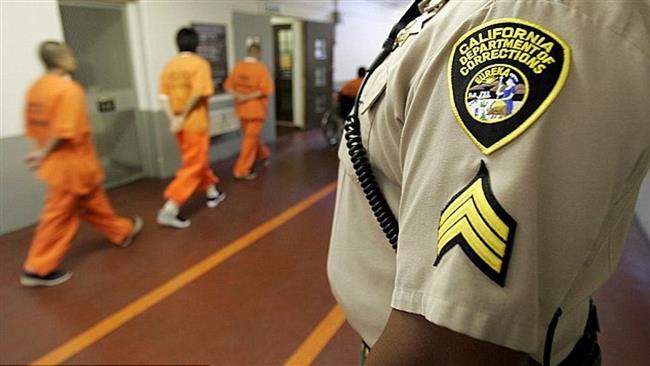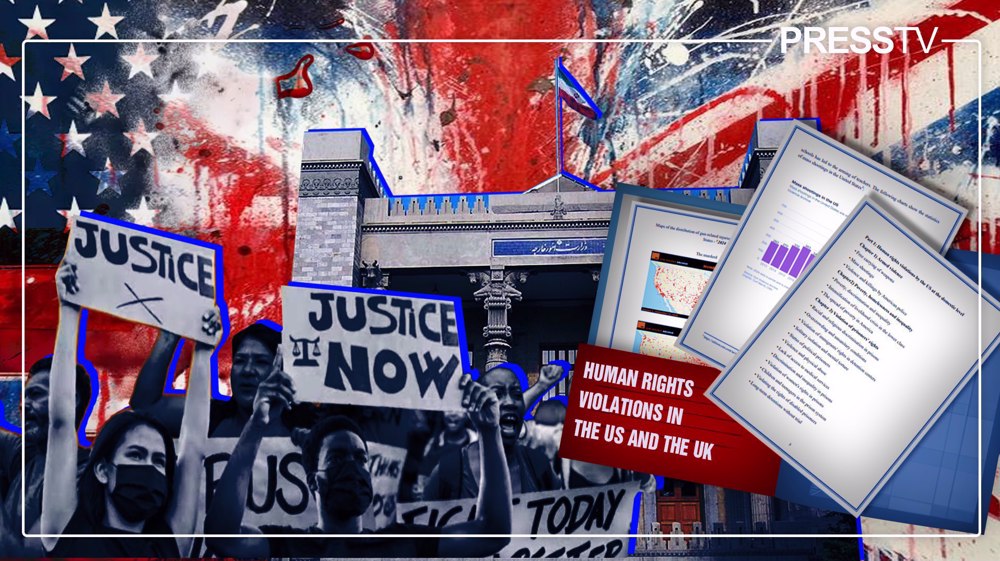African-Americans seven times more likely to be wrongfully convicted: Study
Black people in the United States are seven times more likely to be wrongfully convicted of crimes such as murder, sexual assault and illegal drug activity than whites, according to a new study.
Institutional discrimination, unconscious bias and explicit racism against African Americans were factors in some of the wrongful convictions, according to the study released on Tuesday from the National Registry of Exonerations.
Of the 1,900 people convicted of crimes and later exonerated, 47 percent were black Americans - three times their representation in the US population, said the study, which examined cases from 1989 to 2016.
With respect to drug crimes, black Americans are about 12 times more likely to be wrongfully convicted than white Americans, the study said.
"In the murder cases we examined, the rate of official misconduct is considerably higher in cases where the defendant is African American compared to cases where the defendant is white," said Samuel Gross, a University of Michigan Law School professor who is senior editor of the group that tracks US exonerations.
Read More:
The study also found that 2016 set a record for known exonerations in the United States since 1989 at 166.
The study’s release comes at a particularly tense time in the relationship between minority communities and police as a result of high-profile police killings of African American men in recent years.
Analysis published in December calculated that black males were almost three times more likely than whites to die at the hands of US police. Hispanic men were 1.7 times more likely than whites to be killed by officers.
Experts from the United Nations warned in September that African Americans were facing a "human rights crisis" and they should receive reparations for slavery.
The US had not yet confronted its legacy of "racial terrorism," which has largely been fueled by impunity for police officers who have killed a number of black men across the country in recent months, according to the UN working group on people of African descent.
The UN experts also expressed concern about the "legacy of colonial history, enslavement, racial subordination and segregation, racial terrorism and racial inequality."
‘All wars have rules. All of those rules have been broken’ by Israel
VIDEO | Report flags India’s violation of rights of Rohingya detainees
Turkey's foreign minister meets Syria's de facto leader in Damascus
'Next to impossible' to rescue patients from Gaza's Kamal Adwan Hospital: Director
VIDEO | Vietnam current prosperity
Report blames gasoil exports for shortage at Iranian power plants
VIDEO | Hind Rajab Foundation names Israeli war criminals vacationing after Gaza genocide
VIDEO | Australians rally for Gaza ahead of Christmas festivities














 This makes it easy to access the Press TV website
This makes it easy to access the Press TV website